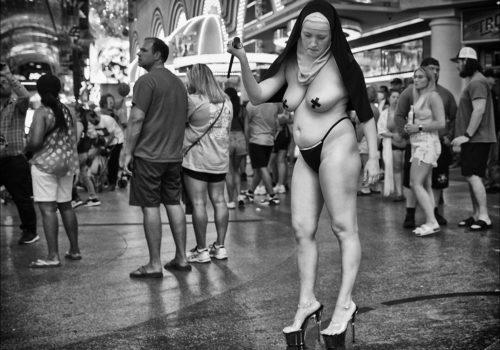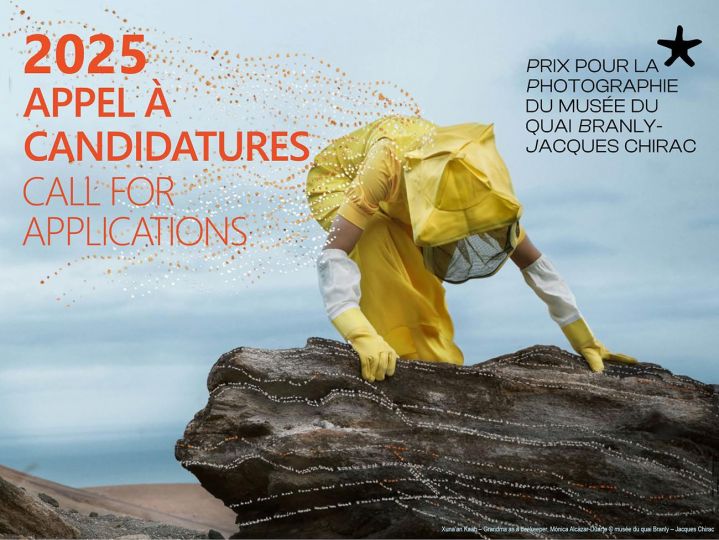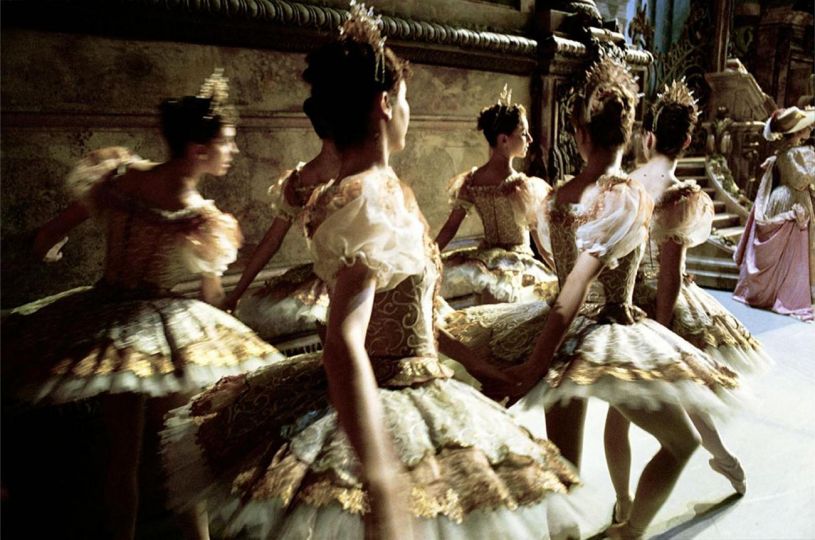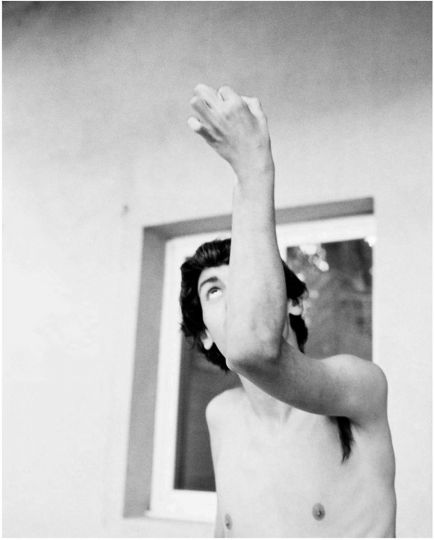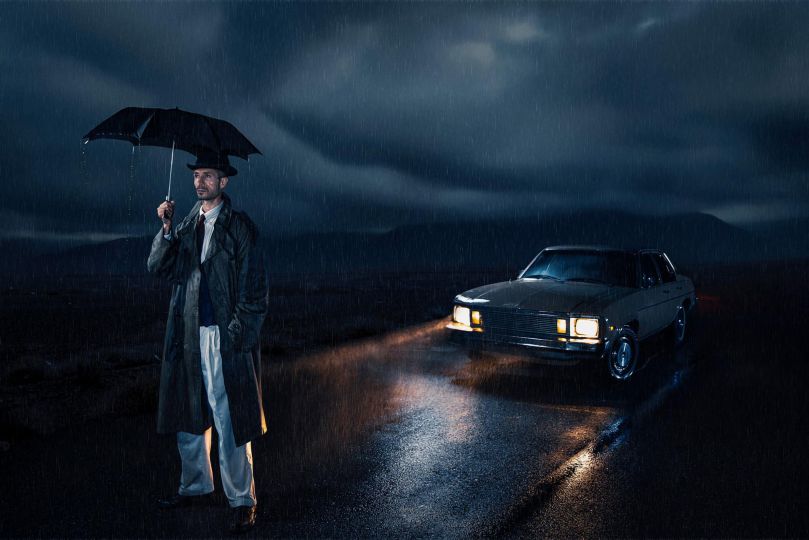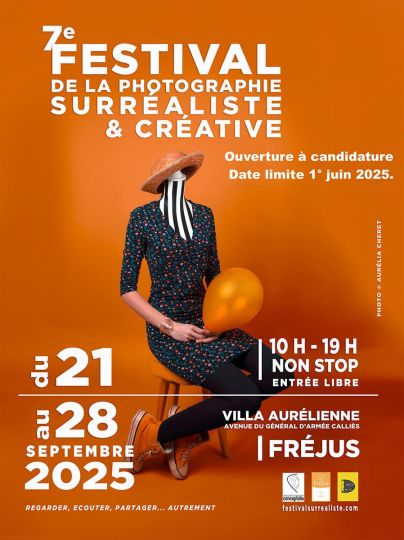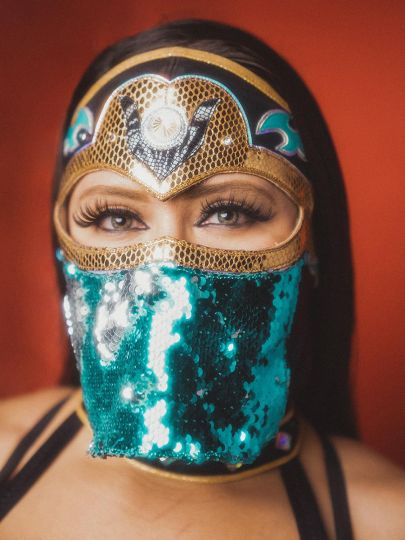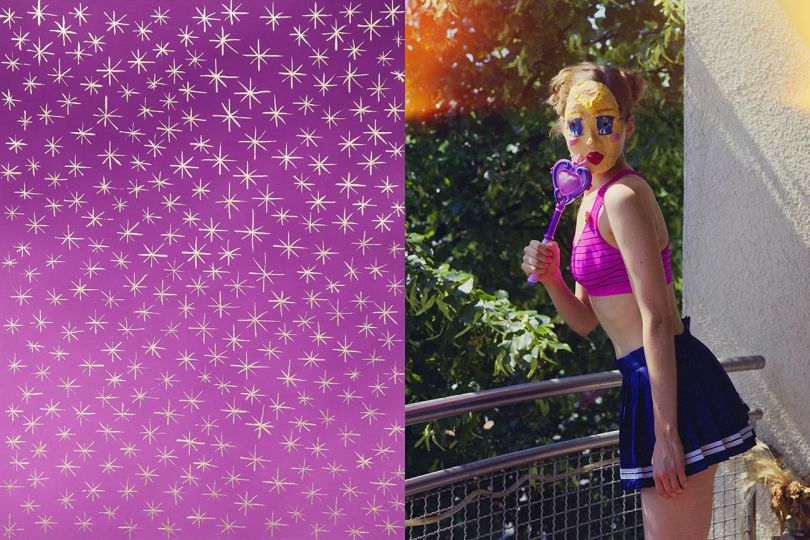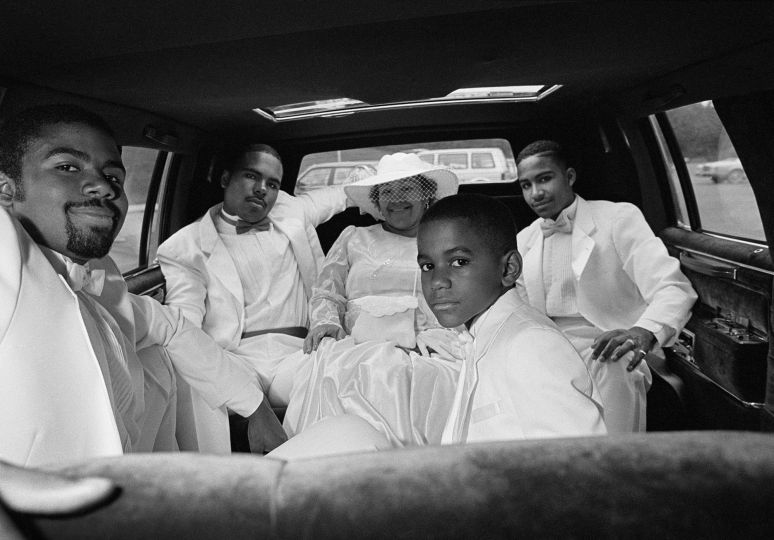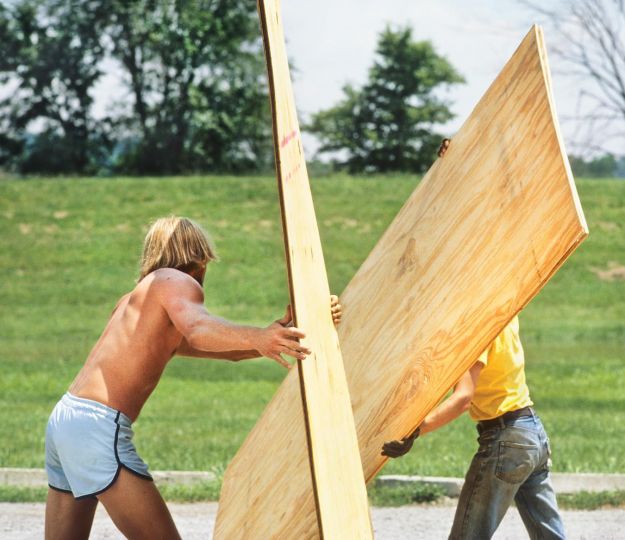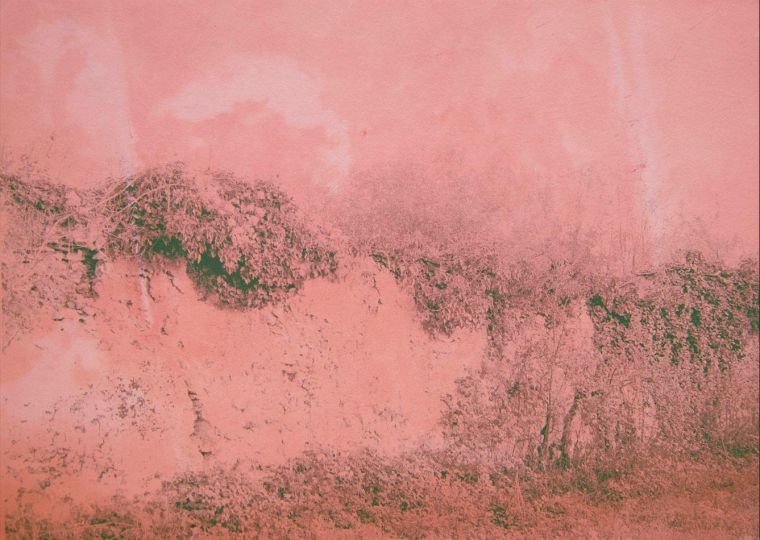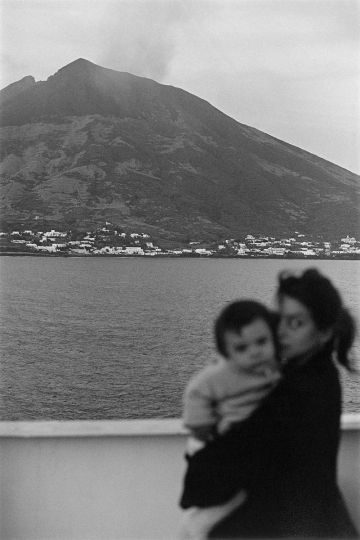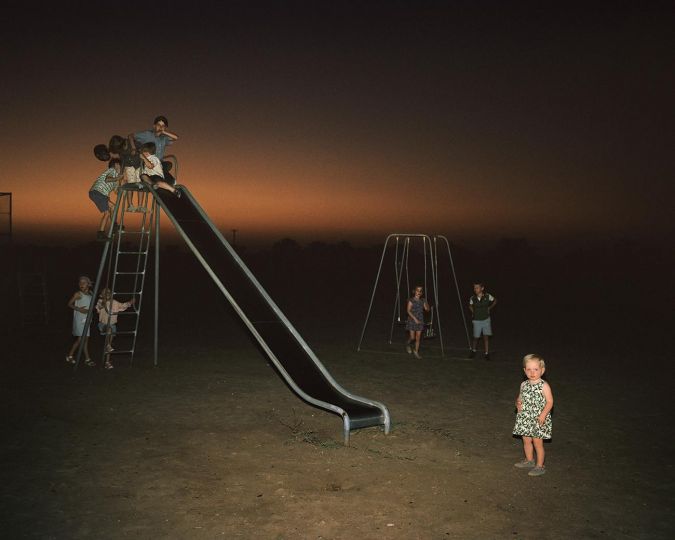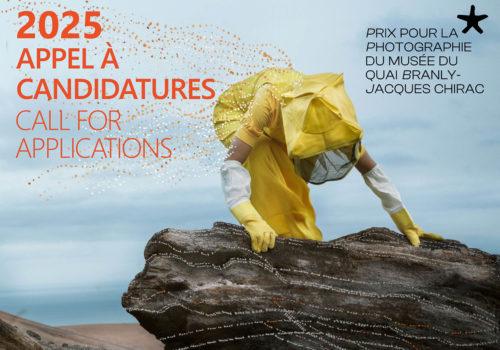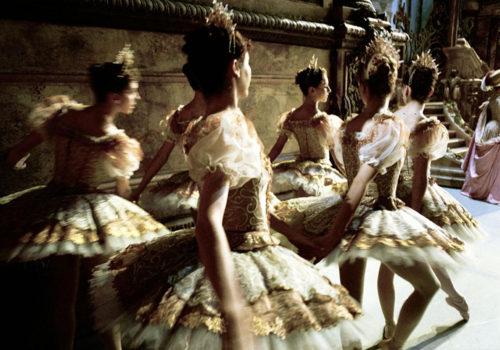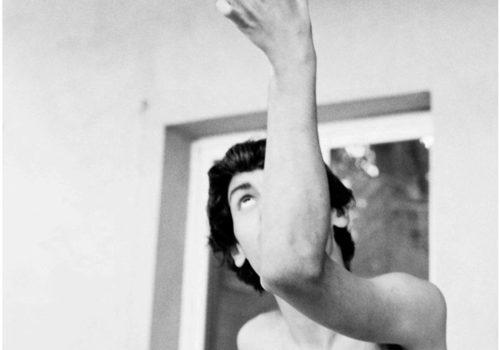Released within the highly charged political climate of the United States in the months prior to a pivotal presidential election, photographer Michael Dressel‘s latest book, The End is Near, Here (Hartmann Books), presents black and white images showing a polarized society in crisis. Urban street scenes and desolate abandoned landscapes taken throughout the country but mostly in California, combine imagery describing economic struggle, and the cultural conflicts in today’s America.
In an interview conducted by Nadine Dinter and recently published in The Eye of Photography, Dressel speaks about what he observes within America at this unique time in history.
“The elements that jump at me everywhere are poverty and decay, extreme nationalism, omnipresent religion of the kind that would be considered psychopathic cults in other places, gun craziness combined with aggressive paranoia and general moral decay. Not a happy combination. Weirdly, it seems those who are the most obvious representatives of that decay are the ones who pretend to resist and reverse it. I feel strongly that the country has arrived at a turning point, and I am full of dread about what that turn might look like.”
Dressel was born in East Berlin but has spent the past 38 years living and working in Los Angeles and feels connected to both countries. In the interview, he notes the significant shifts he observes since he first arrived compared to now within the US at this pivotal point in its history. “When I arrived in the United States it seemed like an ocean of prosperity interrupted by islands of poverty. Nearly 40 years later I see an ocean of poverty with islands of prosperity.”
Everyday news agencies quote politicians promising to address or fix the most prescient social and cultural issues facing America. The civil state idea is fraying at the edges, and what Dressel has found out photographing people, is suffering, hardship, and polarization. In the interview he notes that he was compelled to create this book at this significant turning point in history.
“I felt the need to express my view of the current situation in the United States, just a few months before a fateful election. The political and social climate has reached a point that is truly scary to me, and I felt the need to present how it looks to me and how it makes me feel. In so far it is dealing with the concrete outside world at this very moment, but also deeply personal.”
American painter F. Scott Hess wrote an essay for the book, and he points out that Dressel’s view on America, and thus his photographs, are unique to his voice as both someone who has significantly invested self and time living and working in the U.S., but who also was born and raised in a different country. Hess writes,
“His view of America is informed by a skewed outsider’s mentality, an ability to see and feel things a native might not. After 38 years in Los Angeles, he is also American and considers it a privilege to live and work in the United States, but over those decades he’s noted a change in the society.”
Hess includes a quote from Dressel that continues this thought. “I call the form of capitalism we have here now postcompetitive cannibalism, which is not working for a vast part of the population. That creates a lot of anger, which is channeled by unscrupulous politicians, preachers, media types, and other parasites. The forces that keep the system going don’t offer meaningful improvement for the lives of ordinary people, so they exploit cultural issues to divide the populous and stay in control. That has turned the country into a completely dysfunctional shit show full of hateful nastiness and grotesque stupidity.”
Dressel likes to wander, and always has camera in hand. He prefers to be in public spaces with a ‘critical mass’ of people so he can blend in unobtrusively. He feels a kinship with those living on the edge of survival and he shares that, “many of the people I encounter seem to sense my understanding and offer me basic trust. This instinctive trust that is formed instantaneously during extremely short casual encounters is the precondition for honest, good and hopefully revealing images. To be out there and having these encounters is a constant self-check for my own humanity. That is for me as important as the results.”
Michael Dressel was born in East Berlin and spent two formative years in East German prisons following a failed escape attempt. After being released to the West, he briefly lived in West Berlin in 1985 before moving to Los Angeles, where he has been living ever since. Until recently he worked as a sound editor for big movie productions in Hollywood which among other things resulted in membership in the Academy of Motion Picture Arts and Sciences. Since his retirement from the movie industry he shares his time between Los Angeles and Berlin when not traveling and photographing. His first photobook Lost Angeles was released jointly by Hartmann Books and Gingko Press in 2022.
Michael Dressel : The End is Near, Here
Hartmann Books
Essay by F. Scott Hess
Design by Jan Spading, Lünebu
Softcover
20 x 25 cm
176 pages
ISBN: 978-3-96070-116-3
€29
www.hartmann-books.com

